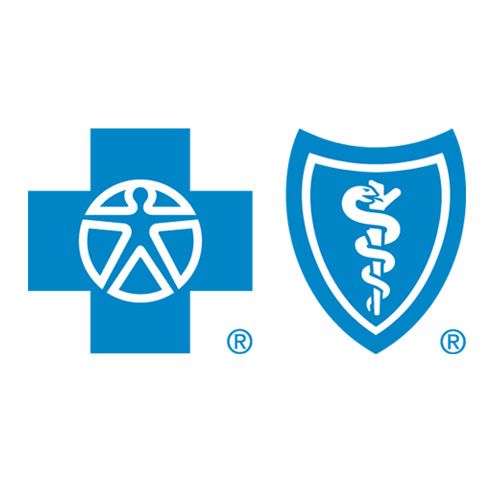Suicide Prevention Week: Observing changes in behavior can save lives
September 14, 2023 This article is written by guest contributor Dr. Steven Sehr, senior medical director of behavioral health at Blue Cross and Blue Shield of Minnesota.
This article is written by guest contributor Dr. Steven Sehr, senior medical director of behavioral health at Blue Cross and Blue Shield of Minnesota.
*Editor's note: This article deals with the topic of suicide. If you are struggling with feelings of depression or thoughts of suicide, call the Suicide & Crisis Lifeline at 988.
September 10-16 marks National Suicide Prevention Week, a time to pause, reflect, and educate oneself on a serious— and preventable—matter affecting many people, as suicide rates have risen sharply over the last two decades. According to recent data from the Center for Disease Control (CDC):
- Suicide rates increased approximately 36% between 2000–2021
- While 48,000 American adults died by suicide in 2021, millions more either seriously contemplated or planned an attempt to end their life.
Noticing behavioral changes is everyone’s responsibility
It is understandable to want to believe that those in healthcare— doctors, nurses, therapists, and health plan clinicians— have all the answers needed to address this devastating public health crisis. However, prevention starts within families, at schools, in places of worship, social clubs and communities – any setting where we interact with others on a repeated basis and can observe changes in behavior. Studies show that about 40% of people who died by suicide did not engage in any treatment prior to their death. When a family member, friend, student or colleague is experiencing serious challenges, behavior changes can serve as early warning signs. Isolation, anger, sadness and reduced work or academic performance are some of the signals of a person in possible emotional trouble.
Observing is only the first step; knowing what to do next is crucial
What do we do when we see that someone close to us is struggling? Many can feel unsure of what to do or how to act. While the answer may seem seems tricky to navigate, it is remarkably straightforward. If a colleague showed up to work with an obvious physical injury, one likely wouldn’t hesitate to ask, “Are you OK?” While asking about someone’s emotional state can feel intrusive and none of our business, the same rule applies. We must ask. It may be the first opportunity the person has to share their feelings with someone else.
Bettering the role of the healthcare system
The healthcare community does a tremendous job in addressing these issues, but more can and should be done. Universal mental health screening is vital. Every patient receiving any form of medical care should be screened for depression and anxiety. If needed, the patient can either be treated by their medical physician or referred to a mental health expert. While the healthcare community is still far from achieving the goal of universal behavioral and emotional health screenings as part of primary care visits, improvements and progress are happening. Rates of screening are increasing as providers build screenings into their office routines and develop integrated systems of care to address concerns more quickly.
What next?
Preventing suicide requires strategies at all levels of society. This includes prevention and protective strategies for individuals, families, and communities. Everyone can help prevent suicide by learning the warning signs, promoting prevention and resilience to others, and a committing to social change.
Blue Cross’ Emotional & Behavioral Health webpage has valuable information for members including a Find a Doctor tool, common definitions, coverage and treatment options. And, as always, in case of an emergency dial 911.
While National Suicide Prevention Week puts a spotlight on the topic in the form of awareness and education, its key takeaway is that prevention is an everyday, year-round responsibility for all of us. Let’s keep working together on reducing the stigma of mental illness.



